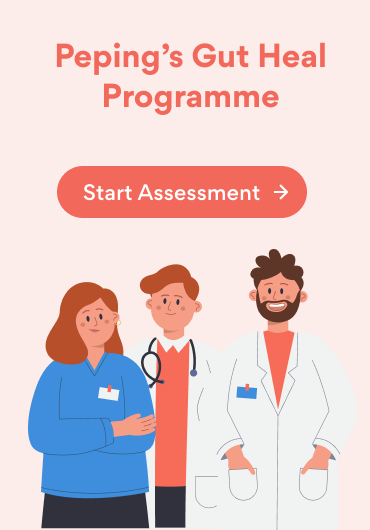Irritable Bowel Syndrome (IBS) is a common digestive disorder that affects millions of people worldwide. It is characterised by symptoms such as abdominal pain, bloating, constipation, and diarrhoea. While IBS is not a life-threatening condition, it can greatly impact a person’s quality of life and daily activities. In this article, we will delve into the causes, symptoms, and treatments of IBS, and provide tips for managing the condition.
What is Irritable Bowel Syndrome (IBS)?
IBS is a functional gastrointestinal disorder that affects the large intestine. It is a chronic condition that can last for years, if not a lifetime. People with IBS may experience symptoms such as abdominal pain, bloating, constipation, and diarrhoea. The severity of these symptoms can range from mild to severe and can greatly impact a person’s daily life.
What Causes Irritable Bowel Syndrome (IBS)?
The exact cause of IBS is unknown, but there are several factors that are thought to contribute to the development of the condition. Some of the most common factors include:
- Food sensitivities or intolerances
- Stress and anxiety
- Hormonal changes in women
- Genetics
- Abnormal muscle contractions in the colon
- Changes in gut bacteria
Symptoms of Irritable Bowel Syndrome (IBS)
The symptoms of IBS can vary from person to person, but the most common symptoms include:
- Abdominal pain and cramping
- Bloating and gas
- Constipation or diarrhoea (or a combination of both)
- Mucus in the stool
- Feeling like you haven’t fully emptied your bowels after a bowel movement
How is Irritable Bowel Syndrome (IBS) Diagnosed?
IBS is typically diagnosed through a combination of medical history, physical examination, and diagnostic tests. Your doctor will ask about your symptoms, medical history, and any previous treatments you may have tried. They may also perform a physical examination, including a rectal exam, to check for any physical abnormalities.
Diagnostic tests that may be performed to diagnose IBS include:
- Blood tests
- Stool tests
- Colonoscopy
- CT scan
How to Treat Irritable Bowel Syndrome (IBS)
There is no one specific treatment for IBS, as the symptoms and causes can vary greatly from person to person. However, there are several treatments and lifestyle changes that can help manage the symptoms of IBS.
Some of the most common treatments for IBS include:
- Diet changes: Avoiding trigger foods and incorporating more fibre into your diet can help alleviate symptoms.
- Medications: Antispasmodic medications, laxatives, and antidiarrheal medications can help relieve symptoms.
- Probiotics: Taking probiotics can help balance the gut bacteria, which can help alleviate symptoms.
- Cognitive behavioural therapy (CBT): CBT can help manage stress and anxiety, which are often triggers for IBS.
- Relaxation techniques: Relaxation techniques, such as deep breathing and mindfulness, can help manage stress and reduce symptoms.
Tips for Managing Irritable Bowel Syndrome (IBS)
Living with IBS can be challenging, but there are several things you can do to manage your symptoms and improve your quality of life:
- Keep a food diary: Keeping a food diary can help you identify trigger foods and avoid them in the future.
- Exercise regularly: Exercise has been shown to reduce stress













